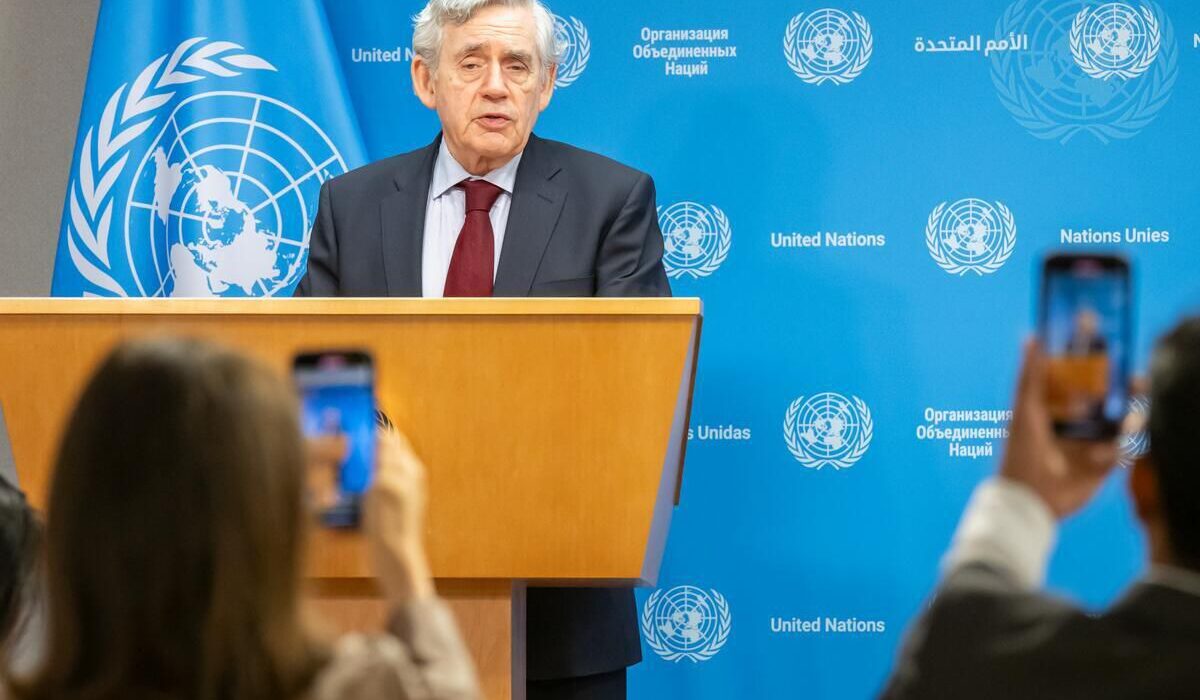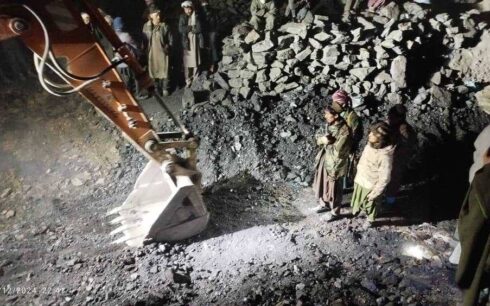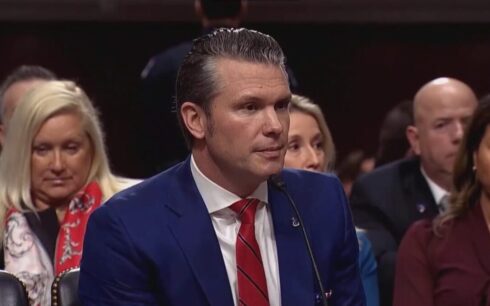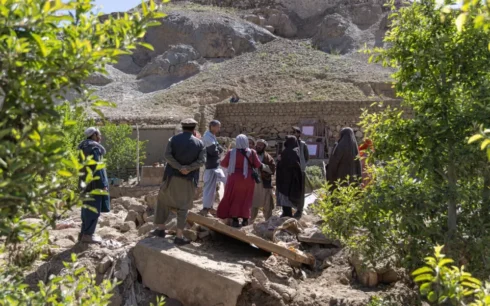At a recent press conference, Gordon Brown, the United Nations Special Envoy for Global Education, issued a call to Muslim-majority nations to take a stand against the Taliban’s ongoing repression of girls’ education in Afghanistan. Brown characterized the denial of education to Afghan girls as “the most vicious violation of girls’ rights in the world” and noted that the United Nations is considering labeling the situation as “gender apartheid.”
Brown emphasized the importance of global solidarity in addressing the issue, specifically urging Muslim countries to unite in demanding that the Taliban lift restrictions on female education. “We need now to call on every country, including the Muslim-majority countries of the world, to come together in demanding an end to this repression of girls across the whole of Afghanistan,” he said.
While highlighting current efforts to support Afghan girls through online learning platforms, underground schools, and scholarships abroad, Brown stressed the need for a more unified and aggressive international response to what he described as an urgent crisis.
In addition to Afghanistan, Brown turned attention to broader global challenges, warning that approximately one billion children—particularly in sub-Saharan Africa and South Asia—are at high risk of being displaced by climate shocks and conflicts in the coming decades. Without immediate action, he said, “we will have more children in difficulty in future years.”
The former British prime minister called for swift adoption of recommendations put forth by various international organizations, not only for Afghanistan but for education initiatives across low- and lower-middle-income countries, including Gaza. “It is urgent that the recommendations we are putting forward today are taken seriously,” he concluded.
Brown’s remarks come amid growing international concern over the Taliban’s policies, which have barred Afghan girls from secondary and higher education since their return to power in 2021. The UN and other international bodies have repeatedly condemned these restrictions, but progress toward restoring girls’ access to education has been limited.





